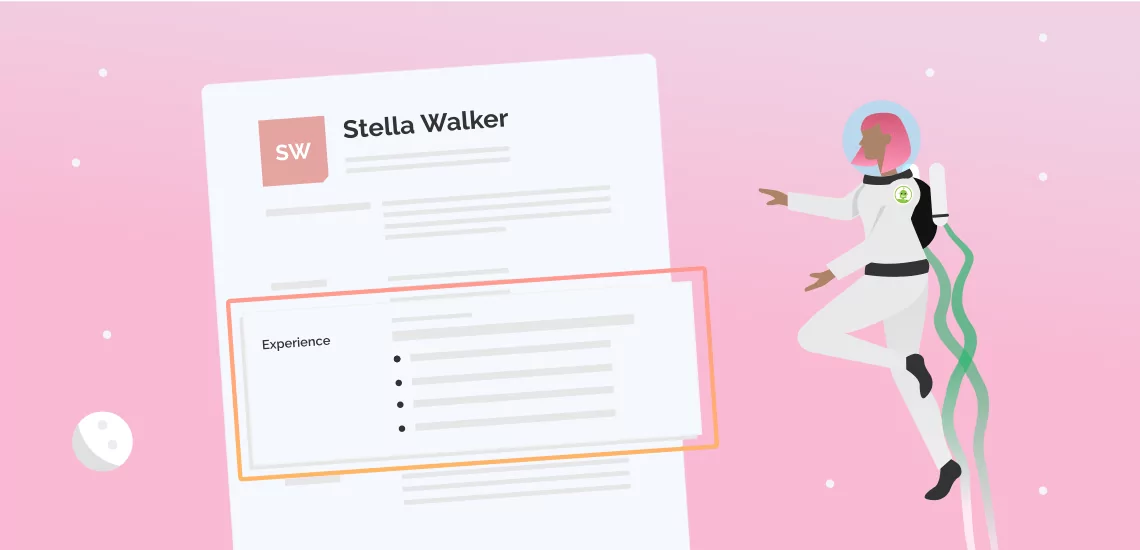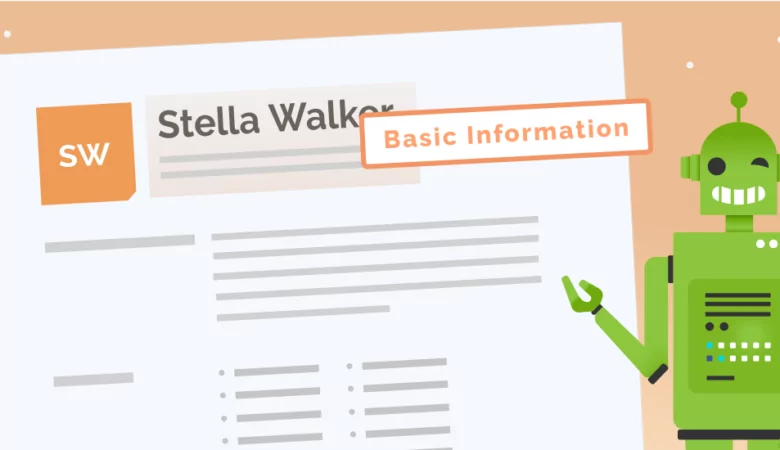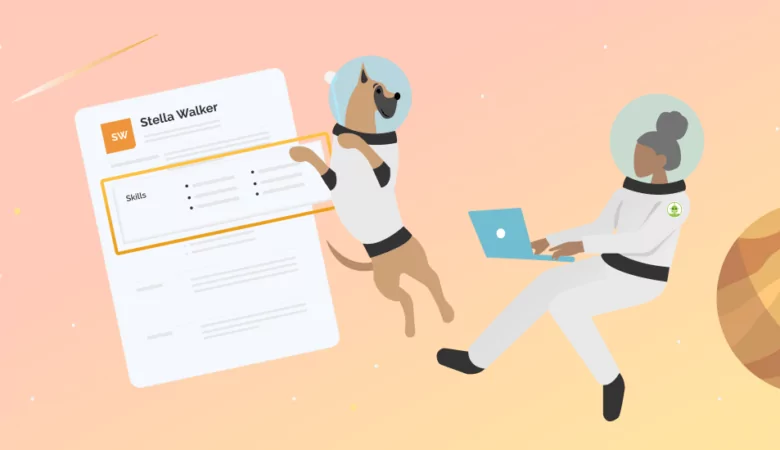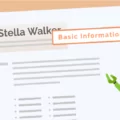If you want to stand out to recruiters and hiring managers, it’s crucial that you include relevant experience and skills that relate to the job on your resume.

Adding Relevant Experience to Your Resume
Relevant Experience
Before writing your resume, consider what your is “relevant experience.” is. Many jobs require you to have some sort of experience before they hire you. For example, some hiring managers will ask for a specific number of years of relevant experience before considering you as a candidate. But, what is relevant experience, and how do you feature it in your resume? Let’s go over how to determine relevant work experience and how to include it in your resume.
What is “Relevant Experience”?
When you see “relevant experience” on a job application, it’s referring to any prior experience that features skills and duties similar to the job. Recruiters and hiring managers are looking for any experience that fits, which means you can highlight relevant previous jobs in the same industry, part-time jobs, volunteer work, internships, or academic programs in your resume, as long as they connect with the job you want.
Including Relevant Job Experience in Your Resume
How can you connect your past work and experiences and make them relevant for a future job application? Here are a few tips to consider.
1. Take a look at your work history and responsibilities. Even if you’ve held positions in other job fields, you may find similar responsibilities, which can be considered relevant experience on your resume. For instance, if you are applying for a retail manager position, you can emphasize tasks and accomplishments from a previous managerial position.
2. Look at the requirements listed within the job description. Most job postings include information about the job and some of the requirements you’ll need to have. If you have qualities that the hiring manager is looking for and can back them up with previous experiences, include them on your resume.
3. Look at the skills you’ve obtained from past experiences. It’s likely you have transferable skills that you can include in the skills section of any resume. For example, some soft skills and hard skills that fit a large number of jobs include:
- Verbal and written communication skills
- Problem-solving
- Time management
- Computer proficiency
- Organizational skills
Tailor Your Resume to the Job Description
When creating your resume, it’s important to tailor your resume to the job description you are applying for. If you’re wondering how you can tailor your resume and stand out to potential employers, here are a few tips.
-
Thoroughly review the job description to find resume keywords.
These are certain phrases that a hiring manager will include in the job listing that spell out crucial skills and requirements for the job. It’s crucial to use these keywords in your resume so they can pass applicant tracking systems (ATS) that scan your resume for these keywords, and mark you as a relevant candidates. So, for example, if the job listing states that they are looking for applicants with communication skills and time management skills, you should include these on your resume.
-
Next, describe your achievements and experiences using quantifiable data that gives them weight
Potential employers would much rather see “facilitated a 70% increase in sales,” rather than just “increased sales.” Using numbers can give employers a better understanding of your responsibilities and achievements.
-
Finally, keep your resume concise.
If this is your first job or you don’t have many years of experience, you probably don’t have to worry about adding too much information to your resume. However, if you have decades of experience, it’s important to limit your work experience section to the last ten years, and your most pertinent achievements, to keep your resume relevant.
FAQ: Relevant Experience
Yes. You can list your education on your resume. Even if you got a degree in business administration but were applying for a job in health care, you should still list your education. When employers see that you have a degree, it sends a message that you can work hard to complete something.
Career experts recommend not to put your high school experience unless you have no college experience. However, if you went to college, it’s assumed that you completed high school as well.
If you have any notable experience unrelated to the job you’re applying for, keep it in mind for your next job interview. Additionally, you can include all your work experience on LinkedIn, regardless of how relevant it is to your current position.
If a hiring manager looks at your resume and you have no relevant experience, they probably won’t look at it for long. That said, even if you don’t have direct experience in a certain job field, you can still use other achievements and successes from other positions. When writing your resume, make sure to highlight any applicable experience and knowledge you can bring to your next job.








